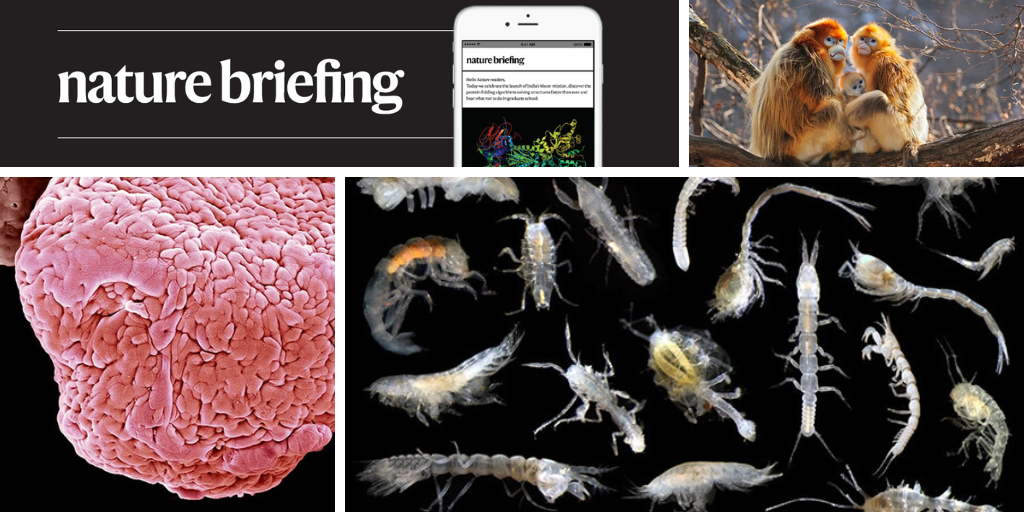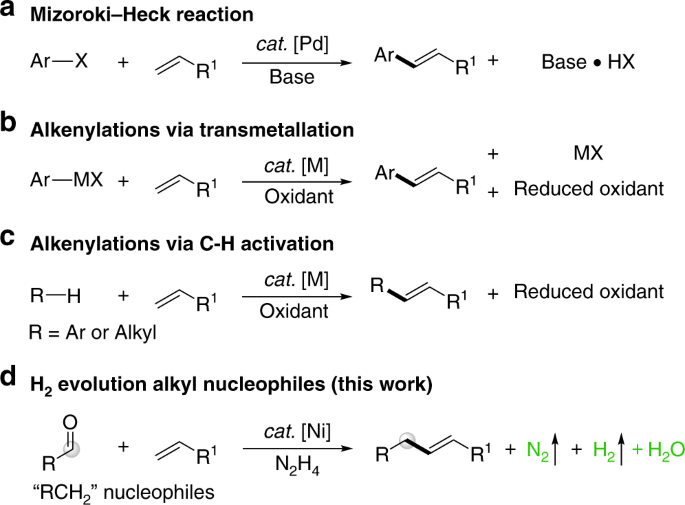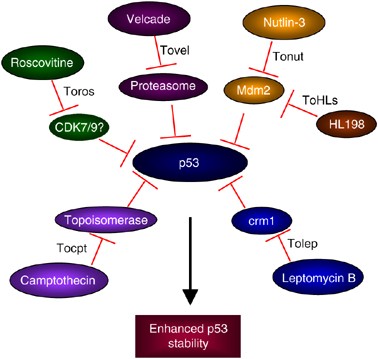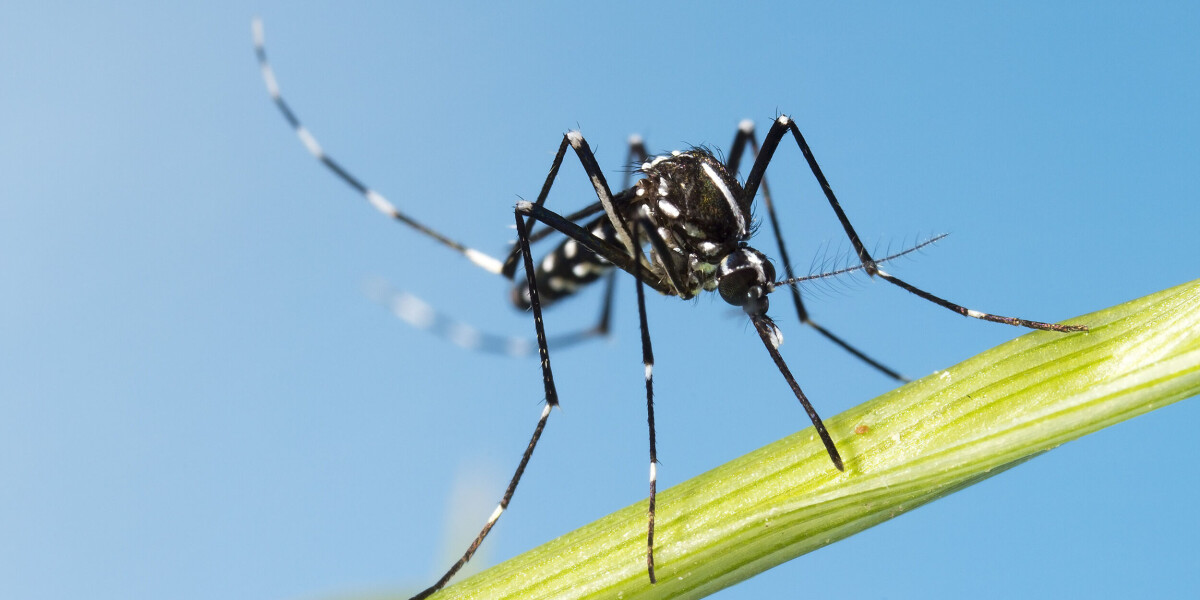
- Select a language for the TTS:
- UK English Female
- UK English Male
- US English Female
- US English Male
- Australian Female
- Australian Male
- Language selected: (auto detect) - EN
Play all audios:
Hello _Nature_ readers, would you like to get this Briefing in your inbox free every day? Sign up here. DEEP-SEA MINING MIGHT RELY ON FLAWED DATA A database with important information on the
creatures that companies encounter during deep-sea mining explorations is flawed, according to an analysis. That’s a problem, say the study authors, because the data are used by the
International Seabed Authority (ISA) to assess mining operations. Mining company Nauru Ocean Resources is expected to request authorization from the ISA in July to mine in the Pacific Ocean.
If approved, it will be the first company to be given the green light to mine the sea bed in international waters. Scientists are worried that errors in the DeepData database, such as
duplicate records and missing environmental data, could underestimate the impact of mining on sea-floor biodiversity. The ISA says the flaws have been addressed. Nature | 4 min read
Reference: _Database_ paper WHY CHRONIC STRESS ALSO UPSETS THE GUT Chronic stress can worsen the symptoms of inflammatory bowel disease (IBD), such as abdominal pain, diarrhoea and fatigue —
and now scientists have discovered why. Chemical cues produced in the brain lead to a cascade of events that eventually triggers immune cells in the gut. Those cells release molecules that
would normally fight off pathogens but end up causing painful bowel inflammation. Conventional medical treatment has “completely neglected the psychological state of a patient as a major
driver of [the] response to treatment”, says microbiologist and study co-author Christoph Thaiss. Nature | 4 min read Reference: _Cell_ paper CHINA IS USING SATELLITES TO PROTECT NATURE
China is the first country to use satellite monitoring to protect nature-conservation areas from illegal developments, such as mining and construction. A fleet of 30 satellites will keep an
eye on 3 million square kilometres of land and 150,000 square kilometres of sea, doubling the area that is legally protected. Scientists hope that this will provide a model of remote sensing
for conservation. However, environmental scientists are frustrated owing to the lack of transparency about where the boundaries of protected zones lie. Without a public record, “there’s a
possibility that the local governments might be able to shift their redlines to accommodate future [development] needs”, says conservation biologist Fangyuan Hua. Nature | 6 min read READER
POLL Researchers who agree to editors’ demands to add citations to their papers are more likely to get their work published. We asked readers how they feel about ‘citation padding’. The
majority say that scientists shouldn’t engage in any kind of citation manipulation. But almost 40% of readers think that it’s fine to add a reference occasionally, as long as it’s relevant
to the paper. Most readers say there should be stricter rules to stop editors from coercing authors into adding unnecessary references — and to stop publishers from supporting the practice.
“I was particularly shocked when a couple of journals I was reviewing manuscripts for asked me to encourage the authors to pick citations from that journal, when possible,” recalls
neurobiologist Jihane Homman-Ludiye. Citations added by the editor should be identified as such and accompanied by an explanation of why they were required, suggests pathologist Charles
Platz. Others point out that asking for more citations isn’t always manipulation: there’s a fine line between unethical padding and necessary editorial work. “I think too many authors only
cite papers that support their views, and not enough editors and reviewers demand that they assess all sides of a hypothesis,” adds scientific curator Christina James-Zorn. FEATURES &
OPINION BEWARE THE FUNGAL APOCALYPSE Fungal infections in China — and elsewhere — are on the rise. Rising temperatures and ecosystem disturbances are creating a hotbed for fungi that can
spark hard-to-treat infections in peoples’ lungs, sinuses and brains. “A stressed fungus is a dangerous fungus,” says mycologist Peter Mortimer, who is studying some of the 100,000 fungal
species in the Yunnan province, a biodiversity hotspot. Sixth Tone | 10 min read FUTURES: SCIENCE FICTION FROM NATURE In the latest short stories for Nature’s Futures series: • Felines offer
an interdimensional guide to parenthood in ‘The gentleman cat’s guide to training human kittens’. • An artificial intelligence and a person swap places in ‘More human’. • Efforts to reverse
global warming swing temperatures way too far in the other direction in ‘SCUM of the Earth’. PODCAST: ISLANDS OF BIODIVERSITY Patches of native trees planted in large oil-palm plantations
can become havens for biodiversity without affecting crop yields. In a five-year experiment, scientists created 52 of these ‘tree islands’ on a large plantation in Indonesia. Surprisingly,
although some oil-palm trees had to be removed, the overall yield of the remaining plantation wasn’t affected: “A thinning of the oil palms that increases lights, that increases resources,
benefitted the first row of oil palms adjacent to the island,” conservation biologist Clara Zemp tells the _Nature Podcast_. “This was strong enough to compensate for the loss.” Nature
Podcast | 23 min listen Subscribe to the _Nature Podcast_ on Apple Podcasts, Google Podcasts or Spotify. QUOTE OF THE DAY “LET’S APPLY THE RIGOUR OF SCIENCE TO THE FACTS OF SYSTEMIC RACISM
AND THE DAMAGE IT INFLICTS ON SCIENTISTS OF COLOUR.” Departments and principal investigators must do hard, uncomfortable work to cultivate truly inclusive, safe environments, argues
biologist Ashley Paynter, the host of the _Decolonizing Science_ podcast. (Nature | 5 min read)







